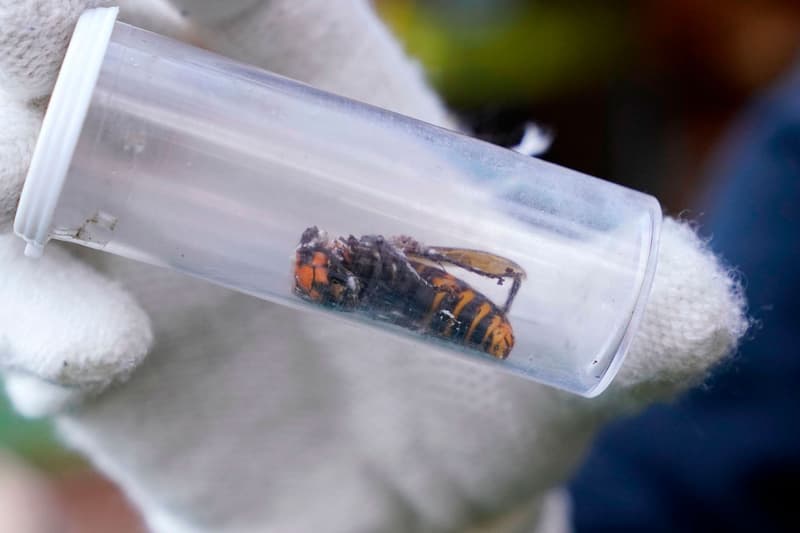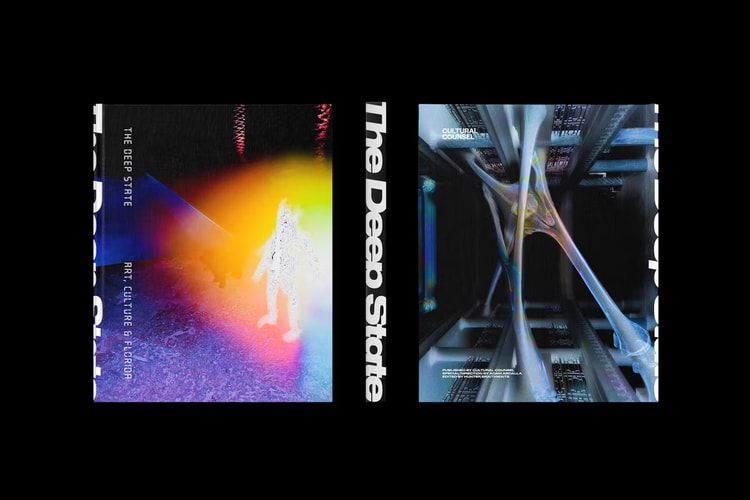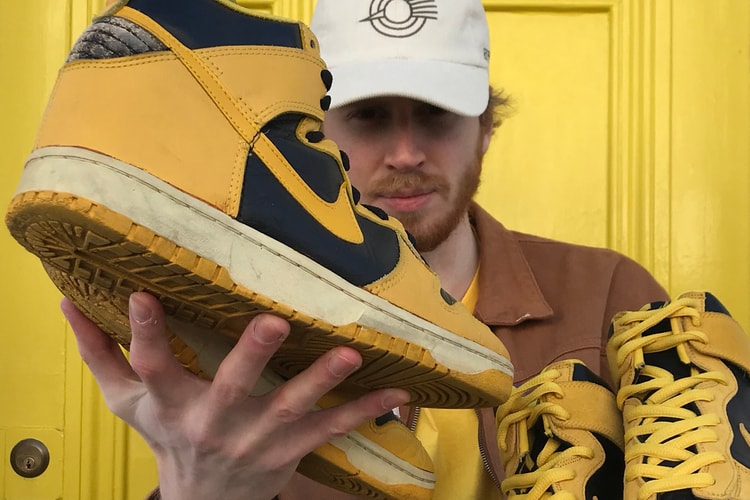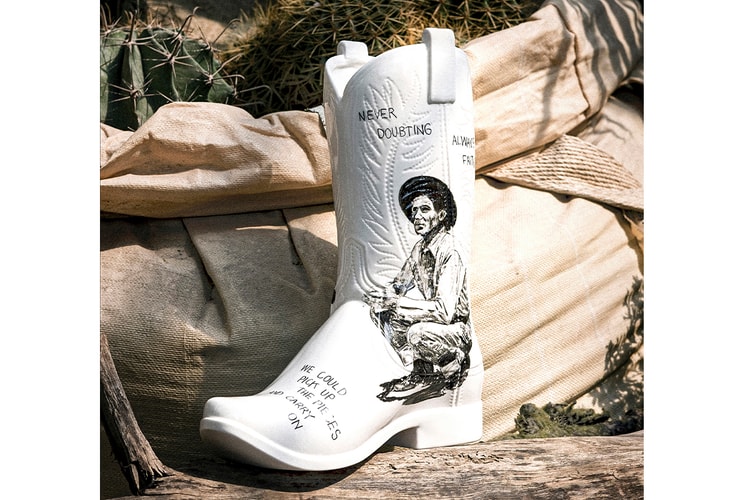Scientists Discover First 'Murder Hornet' of 2021 in the United States
The toxic Asian giant hornets pose a large threat to Washington’s honeybee population.

Authorities in Washington reported the first sighting of a dead Asian giant hornet in the United States in 2021.
The insect, also known as the “murder hornet,” was found dead in Marysville, Washington, in early June. The discovery occurred earlier than usual, so there is a chance that it may have been an “old hornet from a previous season that wasn’t discovered until now,” said Sven Spichiger, managing entomologist at the Washington State Department of Agriculture, according to CNN.
The 5-centimeter-long insect, first discovered in the United States in 2019, is considered an invasive species that attacks beehives for protein. Murder hornets will only attack humans and pets when threatened, but their sting is highly toxic and can leave a scar.
“I want to very much clarify that a single dead specimen does not indicate a population, and for that reason, we will be taking some extra precautions and getting traps up in the area,” Spichiger said. “But at this time, there is not enough evidence to support that a population exists in Snohomish County.”
The dead insect’s coloring was different than previous hornets found in Washington, suggesting that it might not have any correlation to giants hornets discovered in the past. Only a few days prior to the hornet’s discovery, the Washington State Department of Transportation announced plans to set 1,200 traps across the state as the infamous insect still poses a large threat to Washington’s honeybee population.
“If it becomes established, this hornet will have negative impacts on the environment, economy, and public health of Washington State,” the state’s department of agriculture website reads.
Elsewhere, NASA has asked the general public to help name its dummy Artemis I passenger.






















